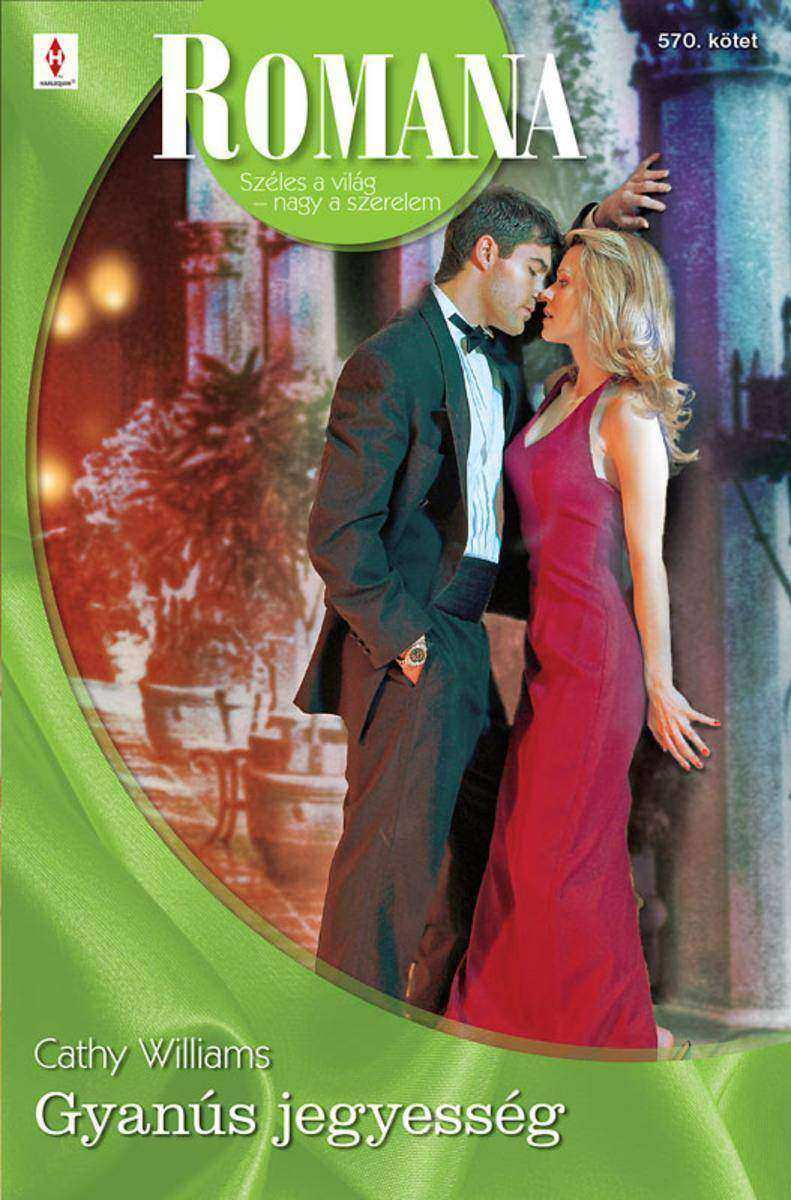
A bosszúálló
¥71.45
A bosszúálló

Romana 570 (Gyanús jegyesség)
¥18.80
Romana 570 (Gyanús jegyesség)

Karácsonyi kibékülés/ Jobb kés?n, mint még kés?bb
¥48.99
Karácsonyi kibékülés/ Jobb kés?n, mint még kés?bb

?larcosbál meglepetésekkel
¥18.56
larcosbál meglepetésekkel

Szelíd ragadozó
¥18.56
Szelíd ragadozó

Bál a palotában
¥18.56
Bál a palotában

F?ld?n, vízen, leveg?ben/ Szélesvásznú mese/ Jó tündér a házból
¥42.92
F?ld?n, vízen, leveg?ben/ Szélesvásznú mese/ Jó tündér a házból

Együtt ezer veszélyben
¥18.56
Együtt ezer veszélyben

M?vészlélek/ Sírás, nevetés/ Hullócsillag az égen
¥42.92
M?vészlélek/ Sírás, nevetés/ Hullócsillag az égen

Gyengéd macsó
¥18.56
Gyengéd macsó

?sszek?t a szerelem
¥18.56
sszekt a szerelem

Júlia 547. (A hetedik év)
¥18.56
Júlia 547. (A hetedik év)

Romana 538. (Senki t?bbet harmadszor)
¥18.56
Romana 538. (Senki t?bbet harmadszor)

Hétvégi v?legény
¥18.56
Hétvégi v?legény

Mary megszelídítése (Cynster testvérek 2.)
¥74.56
Mary megszelídítése (Cynster testvérek 2.)

Az angol kém - A Moszad ügyn?ke és a királyi célpont
¥100.47
Az angol kém - A Moszad ügyn?ke és a királyi célpont

Romana kül?nszám 73. k?tet
¥42.92
Romana kül?nszám 73. k?tet

Tiffany 311–312. (Téli napforduló, T?bb mint t?kéletes)
¥48.74
Tiffany 311–312. (Téli napforduló, T?bb mint t?kéletes)

Murphy t?rvénye
¥19.13
Murphy t?rvénye

Mostantól mindhalálig
¥18.74
Mostantól mindhalálig

Georgia éve, Túlélni a Valentin-napot, Régi b?nnek hosszú az árnyéka
¥43.08
Georgia éve, Túlélni a Valentin-napot, Régi b?nnek hosszú az árnyéka




 购物车
购物车 个人中心
个人中心



